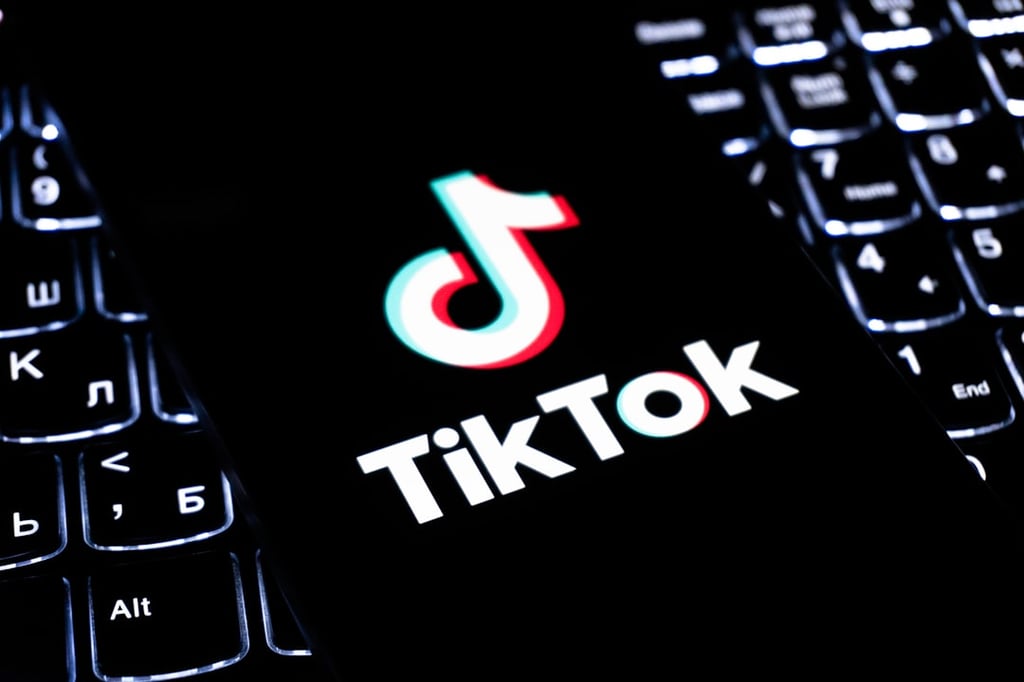Datamation content and product recommendations are
editorially independent. We may make money when you click on links
to our partners.
Learn More
|

|
|
CEA CEO Gary Shapiro at an NVTC event last month. Source: NVTC |
RESTON, Va. — Could the cure be worse than the disease?
Gary Shapiro, the outspoken president and CEO of the Consumer Electronics Association, warned that the massive government spending programs the Obama administration has steered through Congress pose a greater threat to the long-term competitiveness of the U.S. economy than the financial meltdown they were designed to reverse.
Speaking here at the Northern Virginia Technology Council (NVTC), where Shapiro serves as a board member, he sounded the alarm about rampant “panic spending,” and called for government restraint in bailing out failing companies and intruding into the tech industry.
“Spending our way out of the current economic crisis is not sound policy,” he said. “I submit to you that innovation and technology will be our best hope for jobs and economic recovery.”
Shapiro’s talk comes amid gathering speculation that Congress might undertake a second stimulus bill, fearing that the $787 billion package enacted in February won’t be enough. Though the first stimulus bill allocated hundreds of millions of dollars in subsidies to the consumer electronics industry that Shapiro represents and billions for broadband deployment — a cause CEA champions, he said the bill was deeply troubling. Of particular concern was the lightning pace with which it passed through Congress.
“We’ve dug ourselves in a pretty deep hole, and we did so with very little discussion,” he said. “If there are more stimulus packages, they deserve hearings and public vetting,” he added, echoing many Republicans who complained they were forced to vote on the bill before they had a chance to read it.
“We’re borrowing from our children,” Shapiro said, citing economic forecasts that have projected that the national debt will exceed U.S. gross domestic product by 2017. “Mark my words, this debt will threaten our way of life.”
Lobbying for tech
Under Shapiro’s direction, CEA, whose members include companies like Apple, Google and Cisco, is mounting an aggressive lobbying effort on Capitol Hill. Square in the group’s sights is a bill that would establish a stronger position for unions in industries like IT that have traditionally resisted organized labor.
The Employee Free Choice Act, often referred to as the Card Check Act, would unionize a company’s workforce if more than 50 percent of the employees voted to organize. Critics claim that it would rob employees of the secret ballot by allowing employers to see who signed the union cards.
The bill’s supporters dispute that charge, which has become the central talking point for the opposition, and maintain that company-controlled voting often undermines the democratic process.
Barack Obama was an original sponsor of the bill, which stalled in the last Congress. The bill was reintroduced in both chambers last week.
Even worse for Shapiro than the voting process is the fate of a company in the event that negotiations with the union stall. Under the bill, if the company and union are still at an impasse after 120 days, a government arbitrator would step in to mediate. That idea is anathema to free marketeers like Shapiro, who said the bill would result in “coerced unionization.”
“Can you imagine the absurdity of this in a technology company trying to be competitors to market?” he said.
“Imagine how this would work in a tech company,” he added. “Successful tech companies are flexible. They ramp up and they ramp down quickly.”
So far, CEA and NVTC are the only tech trade associations that have publicly opposed the bill.
Shapiro also put in a plug for expanding the caps on visas for foreign workers, known as H-1B visas. The present cap of 65,000 H-1B pushes talented workers into the waiting arms of U.S. competitors, critics say.
“If you put up walls, you hurt American companies,” he said.
To help focus CEA’s lobbying efforts, the group has developed a business-card-sized “innovation checklist.” CEA is asking lawmakers to treat the six points on the list as a litmus test when they evaluate every bill that arrives in their office.
The card asks, “Does this bill: Create jobs? Spur new technology? Encourage the best and brightest to come to the U.S.? Reward risk taking? Promote exports? Help deploy broadband?”
The card has boxes to check for “yes” or “no” next to each question.
“If we focus on exports, avoid further debt and don’t lose on card check, we will come out of this recession with a strong, technology-driven economy,” Shapiro said.
This article was first published on InternetNews.com.
-
Huawei’s AI Update: Things Are Moving Faster Than We Think
FEATURE | By Rob Enderle,
December 04, 2020
-
Keeping Machine Learning Algorithms Honest in the ‘Ethics-First’ Era
ARTIFICIAL INTELLIGENCE | By Guest Author,
November 18, 2020
-
Key Trends in Chatbots and RPA
FEATURE | By Guest Author,
November 10, 2020
-
Top 10 AIOps Companies
FEATURE | By Samuel Greengard,
November 05, 2020
-
What is Text Analysis?
ARTIFICIAL INTELLIGENCE | By Guest Author,
November 02, 2020
-
How Intel’s Work With Autonomous Cars Could Redefine General Purpose AI
ARTIFICIAL INTELLIGENCE | By Rob Enderle,
October 29, 2020
-
Dell Technologies World: Weaving Together Human And Machine Interaction For AI And Robotics
ARTIFICIAL INTELLIGENCE | By Rob Enderle,
October 23, 2020
-
The Super Moderator, or How IBM Project Debater Could Save Social Media
FEATURE | By Rob Enderle,
October 16, 2020
-
Top 10 Chatbot Platforms
FEATURE | By Cynthia Harvey,
October 07, 2020
-
Finding a Career Path in AI
ARTIFICIAL INTELLIGENCE | By Guest Author,
October 05, 2020
-
CIOs Discuss the Promise of AI and Data Science
FEATURE | By Guest Author,
September 25, 2020
-
Microsoft Is Building An AI Product That Could Predict The Future
FEATURE | By Rob Enderle,
September 25, 2020
-
Top 10 Machine Learning Companies 2020
FEATURE | By Cynthia Harvey,
September 22, 2020
-
NVIDIA and ARM: Massively Changing The AI Landscape
ARTIFICIAL INTELLIGENCE | By Rob Enderle,
September 18, 2020
-
Continuous Intelligence: Expert Discussion [Video and Podcast]
ARTIFICIAL INTELLIGENCE | By James Maguire,
September 14, 2020
-
Artificial Intelligence: Governance and Ethics [Video]
ARTIFICIAL INTELLIGENCE | By James Maguire,
September 13, 2020
-
IBM Watson At The US Open: Showcasing The Power Of A Mature Enterprise-Class AI
FEATURE | By Rob Enderle,
September 11, 2020
-
Artificial Intelligence: Perception vs. Reality
FEATURE | By James Maguire,
September 09, 2020
-
Anticipating The Coming Wave Of AI Enhanced PCs
FEATURE | By Rob Enderle,
September 05, 2020
-
The Critical Nature Of IBM’s NLP (Natural Language Processing) Effort
ARTIFICIAL INTELLIGENCE | By Rob Enderle,
August 14, 2020
SEE ALL
ARTICLES








